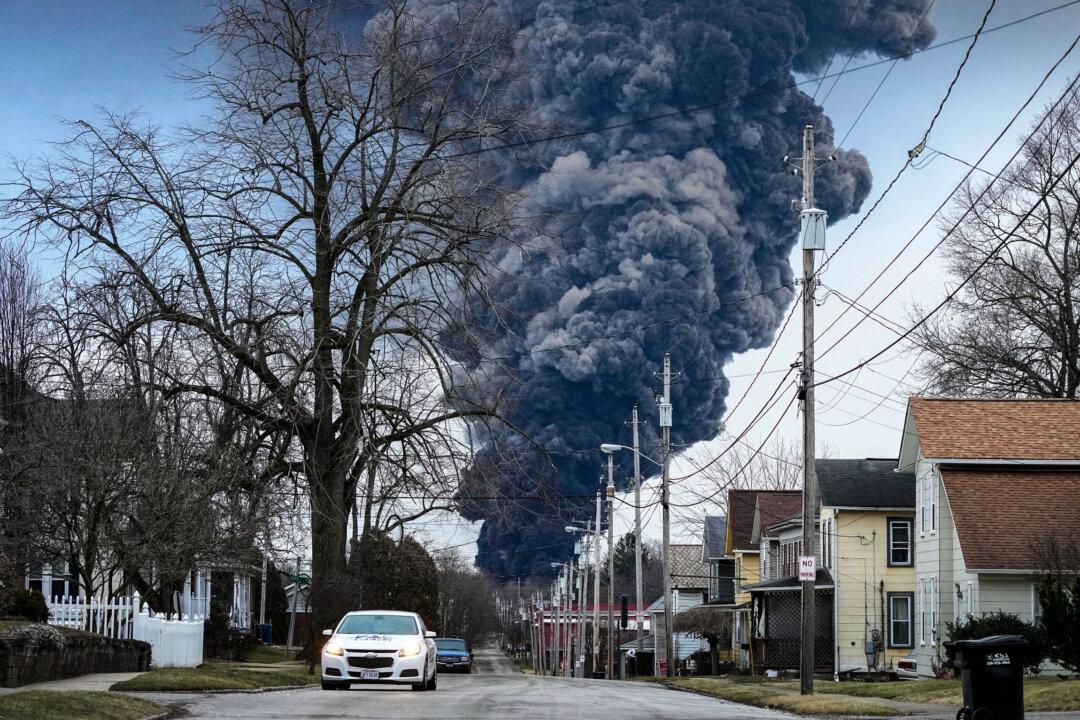EAST PALESTINE, Ohio—As a lifelong resident of East Palestine, which generations of his family have called home, Greg Mascher longs for the village he knew before Feb. 3, 2023.
“This town meant everything to me. It was a great place to live and raise a family. It was a great place to grow up,” Mascher told The Epoch Times on Jan. 31. “Most people even across Ohio couldn’t point to East Palestine on a map. I wish it could go back to the way it was but that’s not possible. Now, we have to wonder about an uncertain present and future.”





